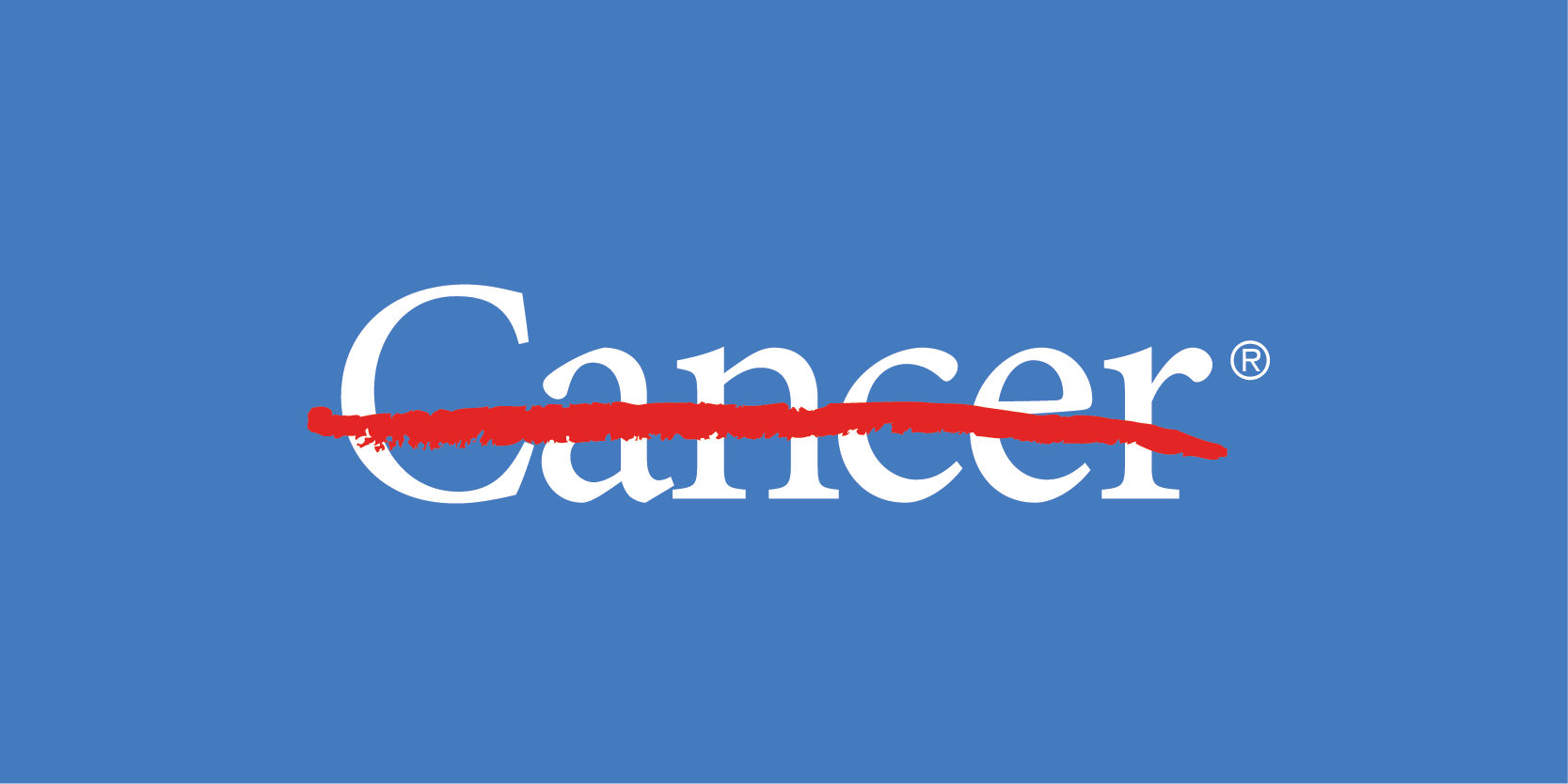Genetic Testing | MD Anderson Cancer Center
Individuals who inherit abnormal genes have a much greater chance of developing cancer. MD Anderson offers genetics counseling and genetic testing to help you understand your family history and your inherited risk for cancer.| MD Anderson Cancer Center

